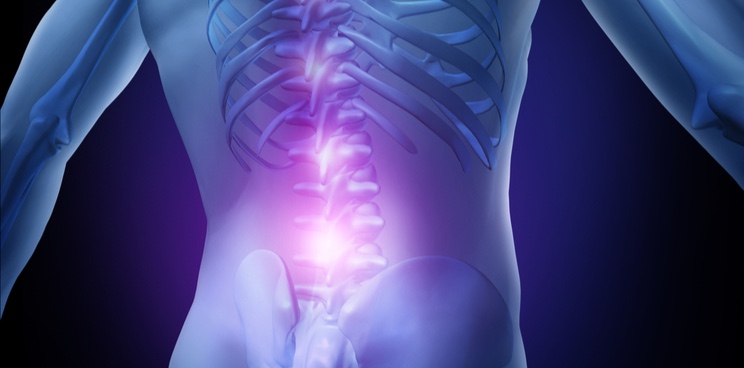The German pharmaceutical company Grünenthal has licensed a donor cell therapy for chronic low back pain from the Australian biotech Mesoblast in a deal that could be worth over €900M.
Under the terms of the deal, Grünenthal will gain exclusive rights to commercialize Mesoblast’s cell therapy for chronic low back pain in Europe and Latin America. The partners will collaborate to design a European phase III trial of the cell therapy to back up Mesoblast’s ongoing US phase III trial.
Mesoblast will receive €136M in upfront and milestone payments based on the outcome of the European trial. If the therapy successfully launches in Europe, the total milestone payments could reach over €900M.
Mesoblast is developing a cell therapy treatment for chronic low back pain. This kind of pain is caused by damage to the ‘cushions’ between the vertebrae in the spine, called discs. While many people heal damage to vertebral discs without long-term pain, others suffer from further inflammation and disc degeneration, causing chronic pain. The symptoms are currently treated with painkillers such as aspirin or epidural injections of steroids, but there are no treatments able to tackle the cause of chronic low back pain except for invasive surgery.
“Cell-based therapies offer a novel approach in pain management,” Gabriel Baertschi, CEO of Grünenthal, stated. “They can potentially deliver meaningful lasting improvements to patients beyond symptomatic treatment by maintaining or even restoring physiological function.”
The Australian biotech’s cell therapy is designed to both reduce chronic pain and address the spinal damage underlying the pain. The company uses cells from donors called mesenchymal stem cells, which promote tissue healing and can modulate inflammation by the immune system.
Mesoblast injects six million cells into the patient’s damaged disc. Once in the disc, these cells are believed to reduce inflammation and produce proteins that stimulate the surrounding tissue to repair itself and heal the disc’s structure. The treatment reduced pain in patients with chronic low back pain for up to two years after dosing in a phase II study, and is now being tested in a US phase III trial, with results expected in 2020.
Images from Shutterstock





